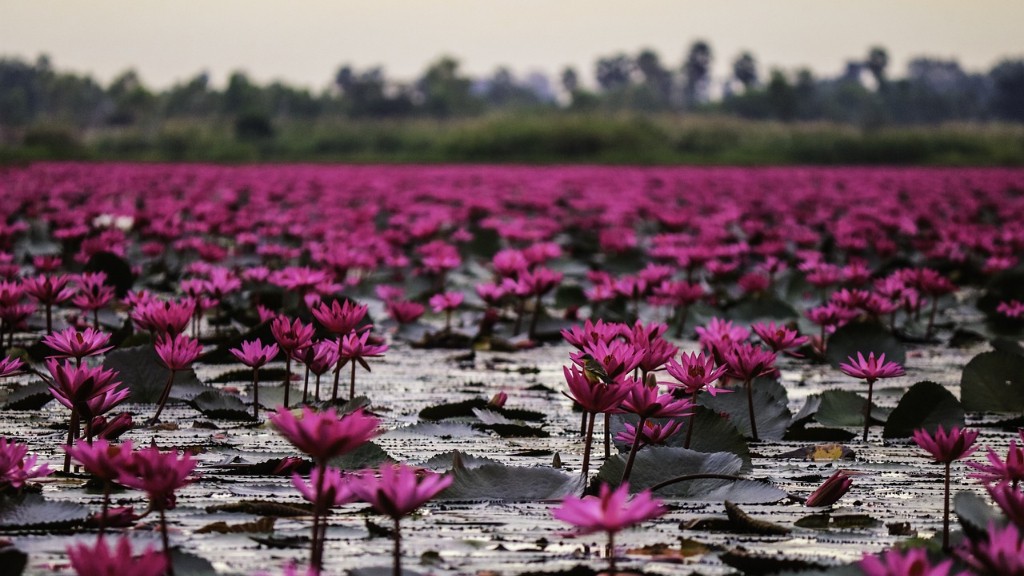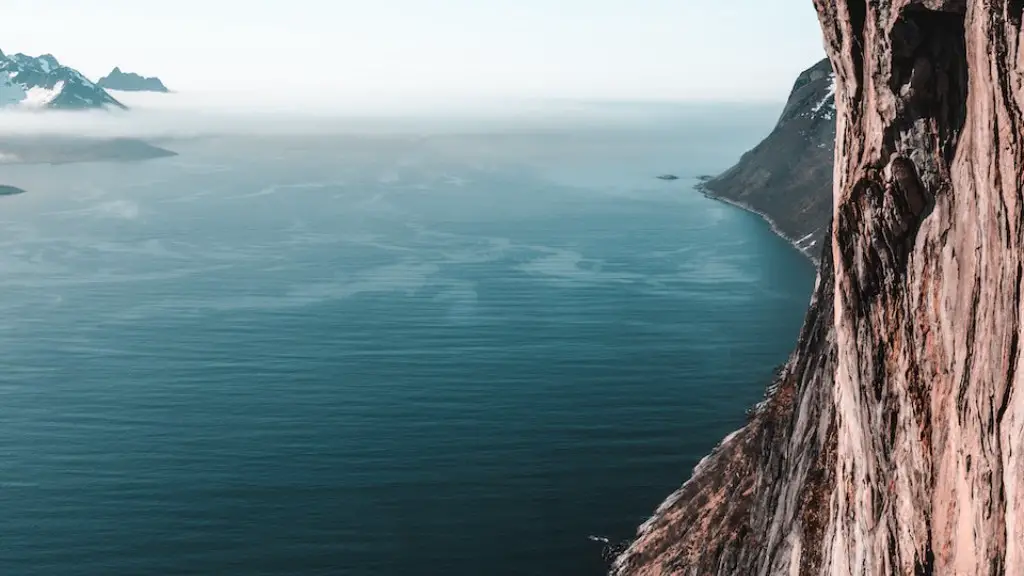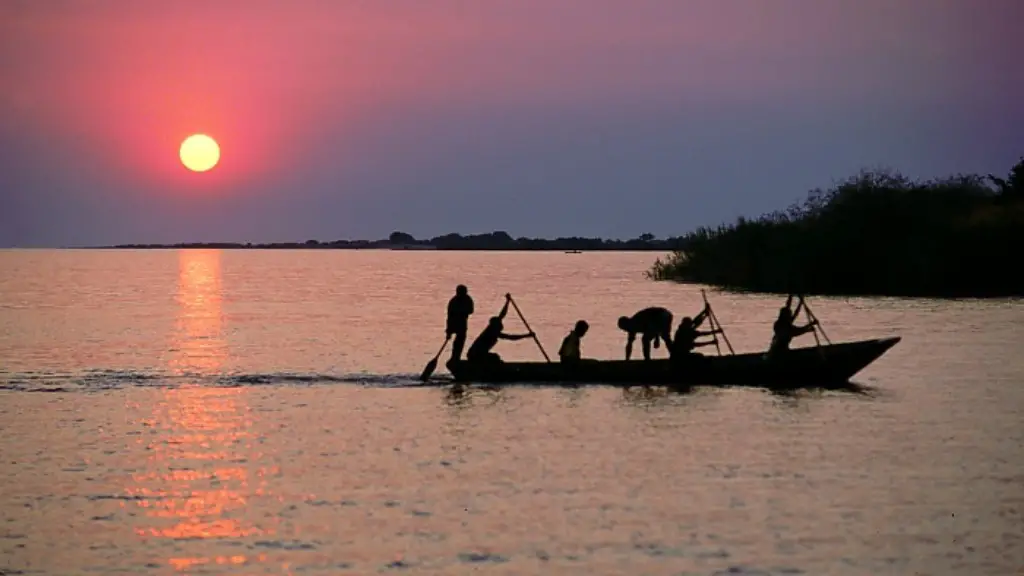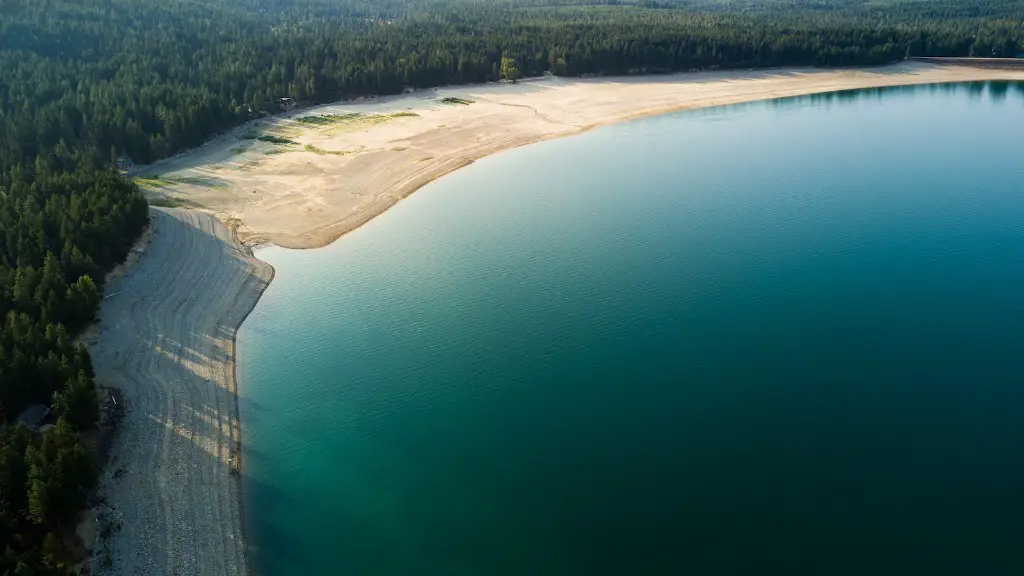Swimming In Lake Malawi: Is It Safe?
Swimming in Lake Malawi is one of the most popular water recreation activities for local residents and tourists alike. It’s understandable why, too – the lake’s crystal-clear blue water and stunning coastline are nothing short of magnificent. The picturesque scenery and inviting shoreline mean swimming in the lake can be a truly unforgettable experience. However, despite it being popular and beautiful, it’s important to assess how safe it is to swim in Lake Malawi before taking the plunge.
The Malawi government’s Department of Environment and Wildlife state that swimming in Lake Malawi is generally safe, but like all open body water, there are certain health and safety risks associated with swimming in it. Contamination from run-off, sewage and agricultural pollution can affect the water quality and make it unsafe to swim in certain locations. It’s also important to remember that Lake Malawi is home to an array of wildlife, and care should be taken to avoid any interactions with wildlife that could have potentially dangerous consequences.
Dr. Caroline Shengala, a senior lecturer in environmental health, believes that swimming in Lake Malawi can be done without too much risk, but it’s essential to follow the right safety guidelines. She says “Anyone swimming in Lake Malawi should avoid any water that looks murky or discoloured and make sure they’re aware of any wildlife they come across while swimming. I recommend swimming in designated areas designated where a lifeguard is present. It’s also important to always swim with a partner, just in case anything happens, and to never swim alone. If you’re not a strong swimmer, consider bringing a floatation device.”
Frequent swimmers are recommended to take basic precautions to ensure their health and safety. This can include showering after swimming to reduce the risk of illness, using sunscreen to protect from UV rays, using insect repellent to deter mosquitos and avoiding drinking any untreated water from the lake. Swimmers are also cautioned to remain close to shore and not to swim out of their depth. They should also be aware of any signs of struggling or fatigue and be prepared to assist in an emergency. These basic safety practices will go a long way in helping swimmers to have a safe and enjoyable time.
Overall, swimming in Lake Malawi can be considered relatively safe if certain safety guidelines are followed. While there are a few risks associated with swimming in it, as there are with swimming in any open body of water, following the right safety advice can help to reduce the chances of an accident or illness. With these safety rules in mind, swimming in Lake Malawi can be a wonderful experience.
Water Quality
Lake Malawi is known to have relatively clear water and relatively low levels of pollution, making it a great place for swimming. However, it’s important to bear in mind that water quality can vary from place to place depending on the local environment. For example, areas near cities and towns may be more vulnerable to sewage contamination than rural areas farther away. To assess the water quality in different areas of the lake, swimmers should take note of any changes in clarity, colour or odour in the water and avoid swimming in locations that appear to be contaminated. It’s also worth keeping a lookout for any warning signs on beaches or near swimming areas.
Wildlife of Lake Malawi
The waters of Lake Malawi are home to an array of fascinating wildlife, including a wide variety of fish, amphibians and reptiles. While the lake’s wildlife provides a beautiful backdrop for swimming, it is essential to be aware of any potential dangers associated with coming into contact with the wildlife that colour the lake’s depths. For example, certain fish such as the Electric Catfish or Mormyroidea can cause electric shocks if stepped on or encountered in the water. Additionally, some larger species of fish can pose a risk of being harassed by other fish if they get too close.
Local Knowledge
For the best and safest experience when swimming in Lake Malawi, it’s important to take local knowledge into account. Legitimate local tour companies and experts on Lake Malawi can provide important insights into the lake’s wildlife, the most suitable swimming locations, and important safety tips. Local guides are experienced in navigating the lake’s many attractions and can advise on suitable swimming areas, including sights and sounds to experience during a swim. Taking advice from local experts is key to having a safe and healthy experience swimming in Lake Malawi.
The Importance of Respect
It’s also essential to approach swimming in Lake Malawi with a sense of respect for the environment, particularly when it comes to navigable watercraft. Swimmers should avoid activities such as fishing, diving or water sports that could potentially disrupt local wildlife, vegetation or any other important environmental features. Respecting the region’s natural beauty and avoiding any potentially destructive activities will help ensure the sustainability of Lake Malawi’s swimming spots for future generations.
The Benefits of Swimming
Swimming in Lake Malawi is not only beautiful but also beneficial to both physical and mental health. A swim in the lake can be extremely therapeutic, and the water’s buoyancy can provide a feeling of relaxation and serenity. The lake’s calm waters and peaceful shoreline are well-known for reducing stress and promoting feelings of happiness in those who visit them. Additionally, Lake Malawi is a great spot for exercising, providing an excellent environment for doing aquatic exercises such as swimming laps, which can help to improve cardiovascular health and fitness. Naturally, the lake’s warm temperate makes it a comfortable environment for swimming.
Staying Informed
In conclusion, swimming in Lake Malawi is generally considered safe if the right safety measures are taken. Of course, any form of swimming carries its own risks, so it’s worth doing some research ahead of time to ensure adequate safety. It’s also important to stay informed on current information regarding the lake’s health and water quality in order to determine which areas are safest for swimming, and to monitor any news of increased levels of pollution. Finally, swimming in Lake Malawi presents a perfect opportunity to explore the lake’s incredible beauty and beauty and appreciate the local wildlife, but also to stay safe by following the right safety rules and guidelines.



